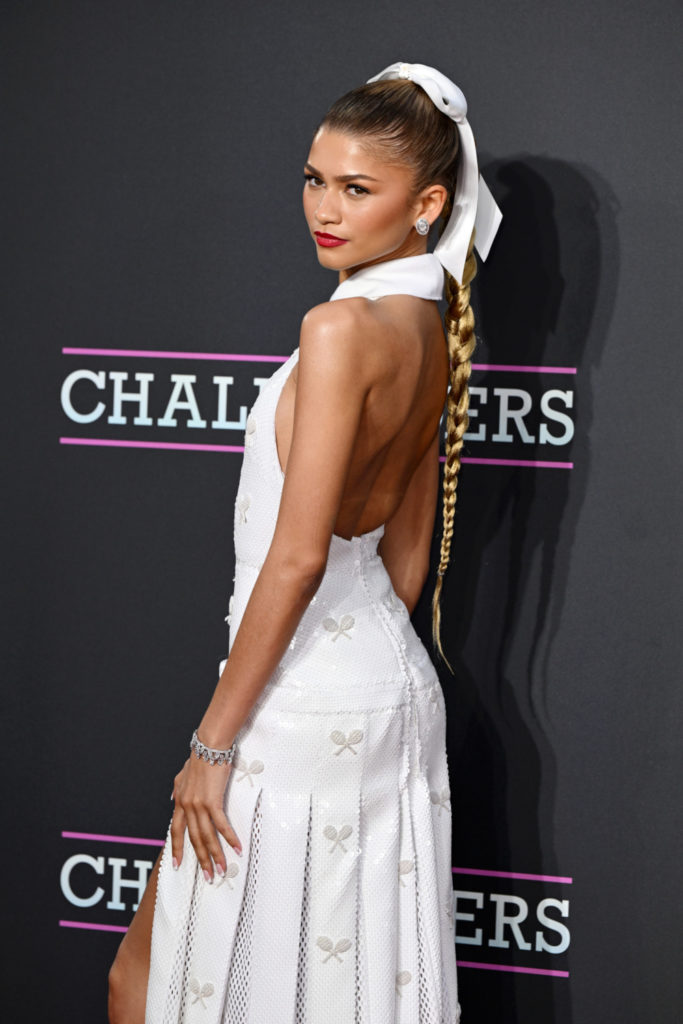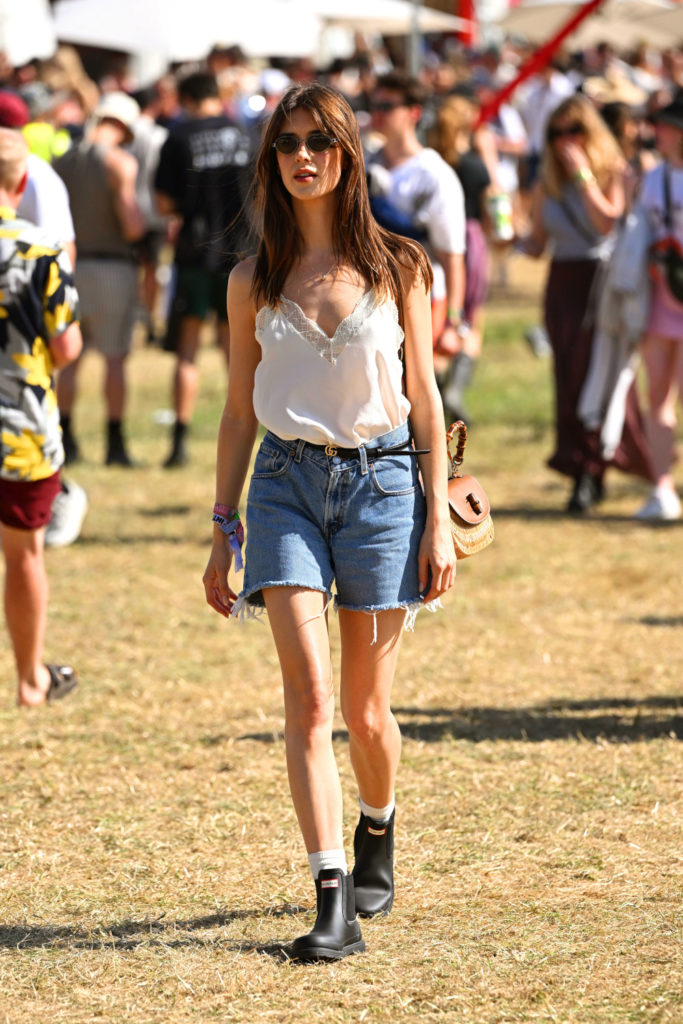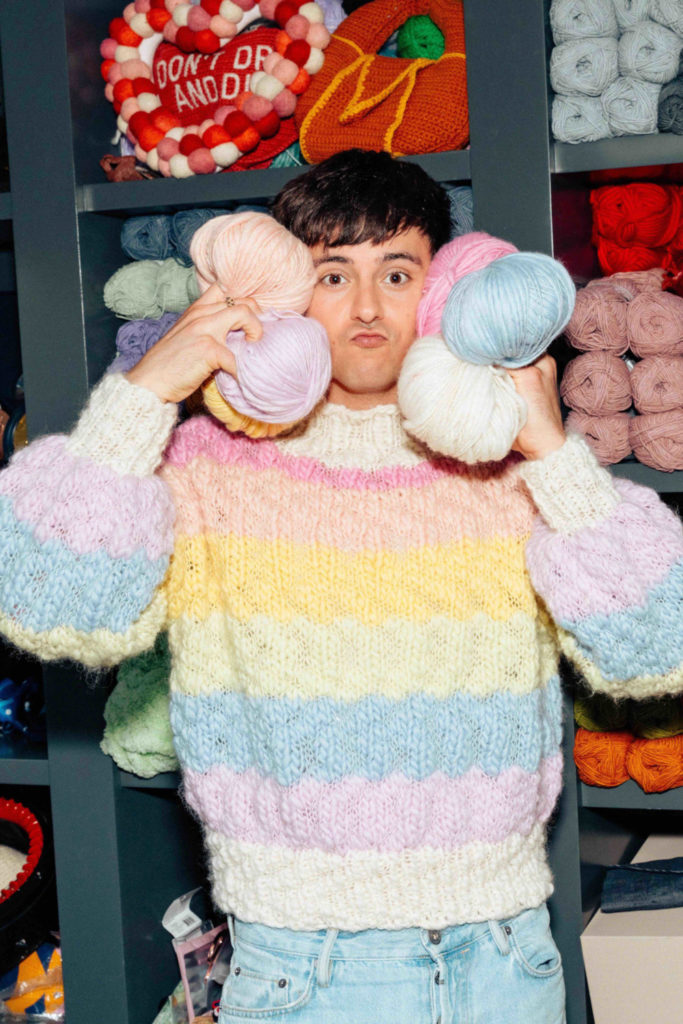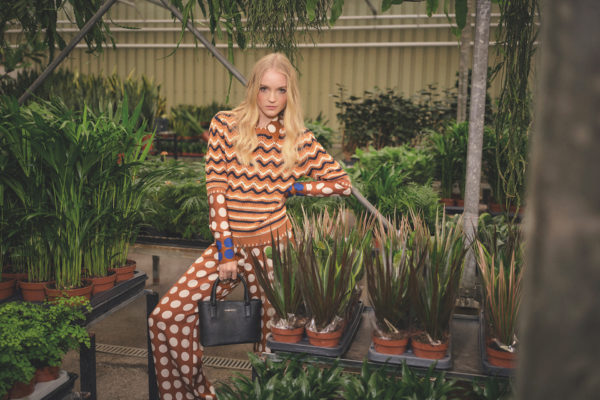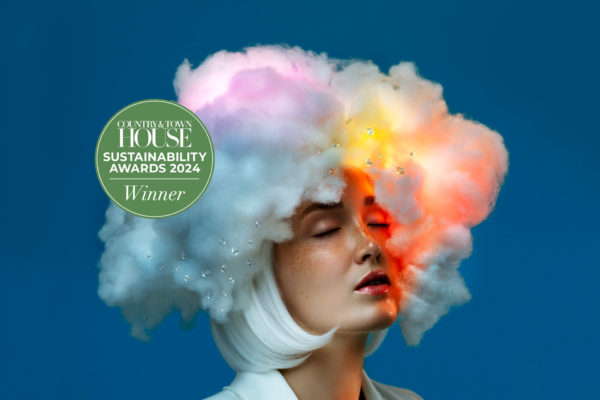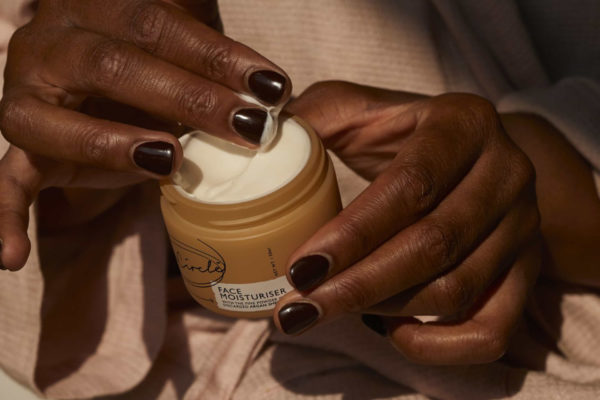Talking Beauty Culture, Criticism and Consumerism with Jessica DeFino
By
1 year ago
What does beauty mean to you?
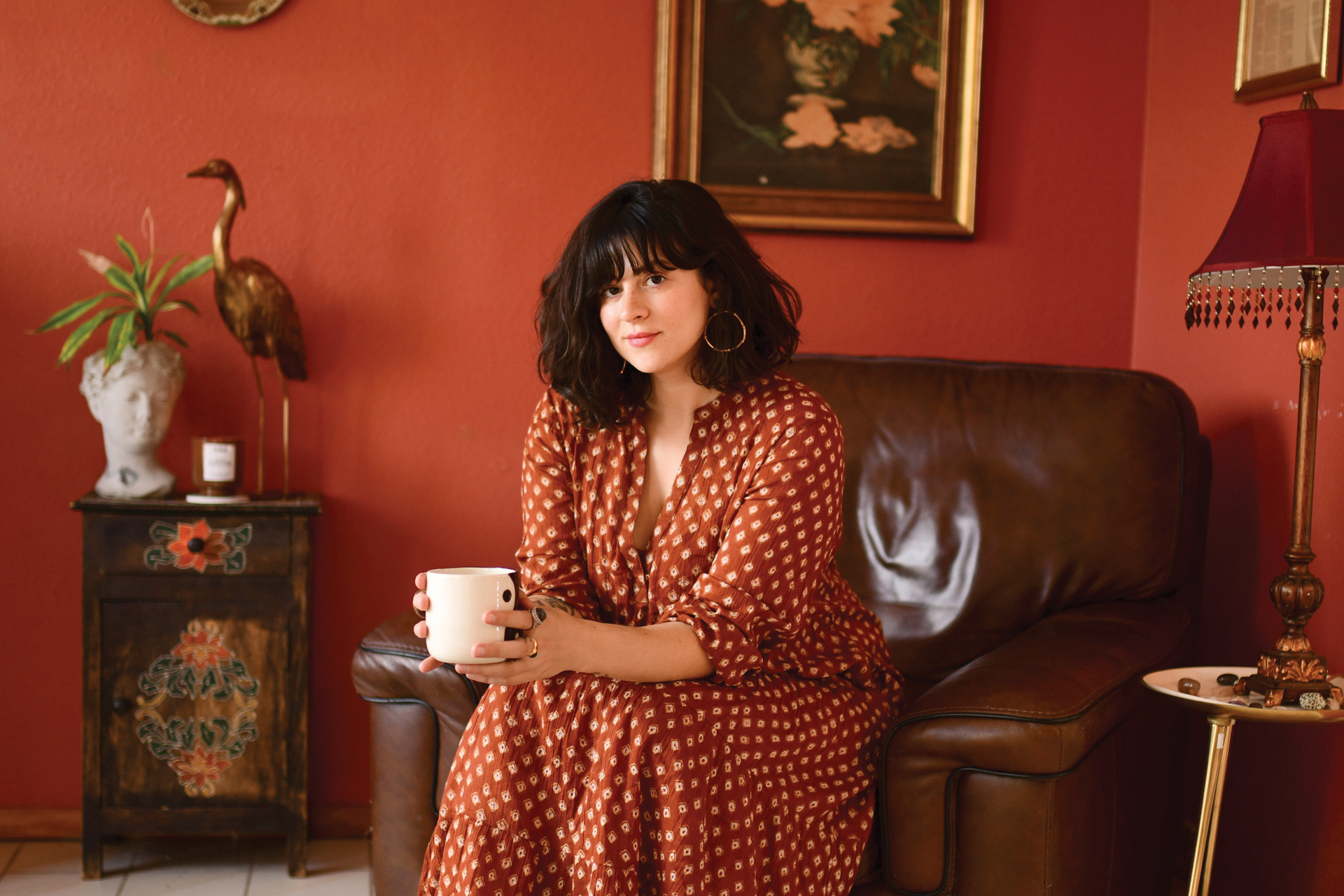
The beauty industry may be flourishing, but beauty reporter Jessica DeFino is determined to show its ugly side – while challenging us to reevaluate our own relationship with it.
This interview appears in the Jan/Feb ’24 issue of Country & Town House – buy your copy here
Rethinking Beauty with Jessica DeFino
Right now, our appetite for beauty is unstoppable. The industry is worth more than it has ever done before and, according to data from McKinsey, it’s predicted to grow to approximately $580 billion by 2027, up from $430 billion in 2022. Meanwhile, cosmetic procedures rose by 102 percent in the UK between 2021 and 2022; TikTok’s #beauty hashtag has 264 billion views; and, scarily, over Christmas 2023 there were anecdotes aplenty about teens and tweens asking for cult anti-aging skincare brands like Drunk Elephant in their stockings.

From the small screens in our pockets to big advertising billboards, every generation is now surrounded by messages pushing consumable beauty: more treatments, more tweakments, more products in endless little plastic bottles. And, as the numbers demonstrate, we’re buying it.
But one person who isn’t is Jessica DeFino, the American beauty reporter who’s been called ‘the woman the beauty industry fears the most’.
Her Substack newsletter, The Unpublishable, has 94,000 subscribers at the time of writing, who each avidly read her missives on things like the politics of appearance in the Barbie movie; why Madonna’s plastic surgery is not as subversive as she claims; and how the biggest beauty retailers like Amazon and Walmart donate to US anti-abortion campaigns.
Her stance is intellectual and her research rigorous, and she writes compellingly about the mass marketing manipulations, pseudoscience and consumerism that have become endemic to the beauty industry. She’s also The Guardian’s new beauty agony aunt, with a column called Ask Ugly, and won the prize for Best Beauty Influencer at the inaugural C&TH Sustainability Awards last autumn.
Jessica’s journey to becoming a renegade beauty reporter began in the pageant world, when she started competing aged only five or six. ‘I learned those lessons of beauty really young… that it’s a power hierarchy and it’s important to win. I loved the talent portion of the pageant, which for me was singing, but I internalised that, to do the thing you love, first you have to be beautiful. And I carried that through my entire career trajectory.’
This found her working in 2015 as an assistant editor for the Kardashian-Jenner apps, which at that point were taking the digital world by storm.
‘Suddenly, I was on the receiving end of all these beauty products. I became obsessed,’ she remembers. ‘After about a year of this and of seeing the behind-the-scenes of how beauty standards – through the Kardashian-Jenners – are manufactured, mass-produced and sold to people, I started really questioning my relationship to beauty and why I wanted to be a part of this industry. And then I started working on pivoting into beauty reporting to try and expose some of the not so beautiful things that I had been seeing.’

At the same time, she was struggling with dermatitis, which changed her own personal relationship to beauty. ‘The skin was peeling off my face. I couldn’t wash my face. I couldn’t put on make-up. I still had to go to work. And I just felt like so completely worthless,’ she remembers. ‘But then I started examining it – if I don’t feel beautiful, why do I feel worthless? Had I not built up anything else in my life that I can care about or value? And so a crisis of the skin turned into a crisis of the soul and the self, and really got me to start unpairing my self-worth from my appearance.’
She found it difficult to get her reporting published in traditional media outlets – reliant on advertisers – which led to her setting up her newsletter. ‘I don’t think what I’m saying about beauty or consumerism is anything groundbreaking, it’s simply the truth,’ she says. ‘It’s just that the beauty media has been so corrupted for so long, that it’s hard to articulate the truth. Not to be hyperbolic, but we’ve just been fed so many lies for a really long time.’
She gets a lot of criticism, too. People get very defensive when you start talking about the beauty industry in a negative way, I observe. They take it personally. ‘So much of our identity is tied up in the products that we use, and the ways that we use them,’ explains Jessica. ‘And the rituals we develop, using these products – it becomes an almost religious experience, like an experience of self-discovery. And the beauty industry is so embedded with our concept of the self that to critique the industry feels like a critique of the self.’
Her end goal with her work is to get people to view the industry with a more critical eye. ‘I’d love to get to a point where we understand beauty culture the way we understand diet culture now. I feel there’s been so much great work deconstructing diet culture… I’d like to see people divest from beauty culture and question it, like they have with diet culture.’
Part of that means being more thoughtful about purchasing the products pushed into (and onto) our faces every day, which is something that would also help cut our individual carbon footprints. Jessica advises starting to divest from buying so much skincare.
‘Human skin is actually incredible. It’s capable of doing so much. If you give it the time and space to reregulate, it self-cleanses, self-moisturises, self-heals. The products that we actually need to support skin function are very few.’
She also recommends picking a couple of causes – whether that’s reducing plastic waste, cutting carbon emissions or preventing animal cruelty – and focusing on those, as it’s really hard to find them all in one brand.
‘I think if everybody focused on the two to three things that they really care about personally, and went about creating their beauty routines in that way, we could create a more sustainable industry with people who truly care about what they’re buying and are supporting.’
Jessica isn’t the only one trying to offer a more critical view of beauty. Other writers, like Anita Bhagwandas, whose book Ugly: Giving Us Back Our Beauty Standards came out last year, are offering a more critical approach, while current exhibition The Cult of Beauty at the Wellcome Collection, which traces our obsession with beauty across the world and over centuries, often has queues out the door. Plus, 2023 was the year that saw ‘deinfluencing’ become a social media trend; namely, people telling their followers what not to buy. All of which tells us that, despite the engorged industry, there is an appetite out there for a more nuanced relationship between us and beauty.
Ultimately, Jessica doesn’t hate beauty – only the industry built up around it. ‘I think beauty as a concept – true beauty, real beauty – has the power to be a political tool, and to be something that is empowering, to be a force for self expression. In order for it to be those things, we have to critique all the ways it’s being called that and actually doing something else, like the majority of the way industrialised beauty is used today as a form of control, complacency or consumerism.’
She continues: ‘I think beauty is inherently radical. In order to restore it to its radical roots, we have to deconstruct how it has been commodified and sold to us and framed as something that you can buy in a bottle when it’s really this spiritual, radical force that we crave as human beings. I think it is essential to the project of human flourishing. And in order to get back to that radical nature of beauty, we have to fight the boring thing that beauty has become, which is just something mass produced and pumped into a bottle. That’s so boring. That’s not beauty.’




